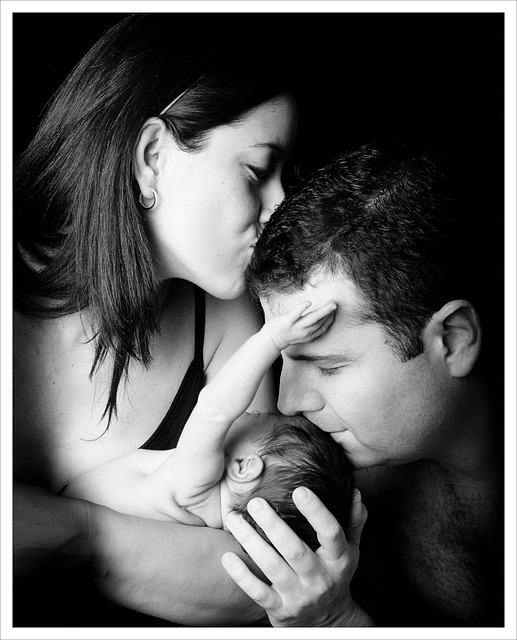Rubella, often referred to as German measles, is a contagious viral infection that can have serious consequences during pregnancy. While this disease has been effectively eradicated in the United States due to widespread vaccination, it can still pose a risk for those who are not immune.
How Common is Rubella?
Thanks to successful vaccination programs, rubella is rarely seen in the U.S., with fewer than 10 cases reported annually. These cases typically stem from international travelers who bring the virus back with them. As a result, most women of childbearing age are either vaccinated or have had the disease, significantly reducing the risk of contracting rubella domestically.
Who is Most at Risk?
While the likelihood of contracting rubella is low for most women, those who are unvaccinated or have never been infected could be at risk if they come into contact with someone infected. It’s crucial to be aware of your immunization status and consider consulting resources such as the IVF clinic for further guidance on pregnancy health.
What are the Symptoms of Rubella?
Rubella typically presents with mild symptoms, which may include:
- Low-grade fever
- Swollen lymph nodes
- Joint pain
- A fine, red rash
These symptoms can be easily overlooked, making it important to stay vigilant, especially during pregnancy.
Should You Be Concerned About Rubella During Pregnancy?
Yes, rubella in pregnancy can lead to serious complications, including congenital rubella syndrome, which can affect the baby’s development. Therefore, it is essential to ensure you are immune before becoming pregnant. For those seeking to conceive, joining a supportive community like Make A Mom can provide valuable resources and connections. Additionally, consider options for at-home insemination through Make A Mom, which offers a unique reusable option, detailed in their guide on how at-home insemination works.
Furthermore, if you are navigating the complexities of pregnancy, you might find our insights on fundal height and measuring your baby’s size in utero helpful. After childbirth, don’t forget the importance of self-care; check out Nurturing Yourself After Baby: A Guide to Postpartum Self-Care for excellent advice on this topic.
In summary, while rubella is rare in the U.S. due to vaccination, it remains a risk for those who are not immune, particularly during pregnancy. Understanding the symptoms and taking preventive measures is crucial for your health and your baby’s health.

